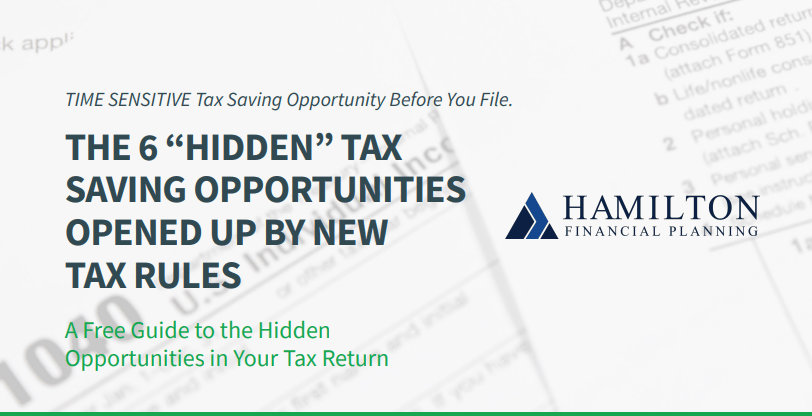7 Essential Cybersecurity Tips for Online Shoppers
According to a recent survey, almost a third of all consumers in the U.S. were victims of a hacked online account in 2017. Currently, online crimes including server breaches are the single largest criminal threat facing small businesses. This means that protecting yourself when you shop online is more something you need to take seriously.
Table of Contents
7 Essential Cybersecurity Tips to Safeguard your Information When Shopping Online
1. A Good, Secure Password
Your password is the first line of defense; make it a strong one. Avoid simple, easy to figure out passwords like ‘Pass1234.’ If your computer supports the ability to generate random passwords, choose that option, but if it doesn’t then create a password that does not contain full words, names, dates, phone numbers, or addresses. Instead, try using partial words and symbols to replace letters such as ‘!’ for an ‘i,’ ‘$’ for an ‘s,’ and ‘@’ for an ‘a.’ Don’t forget to change your passwords on a regular basis and avoid keeping a list of your passwords on your computer.
2. Protect Your Password
Always use a different password for each site or service you use. This is to prevent hackers from gaining access to all of your other accounts if one is compromised. Avoid giving out your password to other people, even friends, and family. If the person’s computer is hacked, you may wind up becoming an additional victim.

3. Invest in Quality Cybersecurity Software
Everyone should purchase and install a cybersecurity software, which can help identify and prevent viruses from downloading to your computer system. While there are many free cybersecurity programs available, these programs do not always provide the latest updates. There are many low-cost cybersecurity options you can choose from, and their small upfront cost is definitely worth it to safeguard your personal information.
4. Never Click on Links
Yes, you know by now that you should avoid clicking on any links you receive in an email or chat but are you? Spoofed messages, making links appear to be from a trusted source when they aren’t, and redirecting links to a different website have been fooling for years. Instead of clicking, always type the URL directly in the address bar. Resist the urge of clicking on a pop-up and no matter how great an offer may seem.
5. Don’t Put Yourself at Risk
The internet is immense, and you can get yourself in a lot of trouble if you insist on visiting the sketchy areas online. Certain types of sites which contain adult entertainment, some discussion forums, file-sharing, and streaming services tend to result in an increased likelihood of downloading a virus to your computer. But it is important to remember that even if you avoid the fringes of the internet, you are still in danger.
6. Don’t Use Debit Cards Online
Once you make a purchase with a debit card, the money is immediately deducted from your bank account. If a cybercriminal gains access to your debit card information, the criminal can quickly drain your bank account. While you may get your money back, in the end, you will not have access to your funds until your bank resolves the issue. Instead, use a credit card and let your credit card company worry about it.
7. Check Your Credit Score for Changes
Set aside a day each month to check your credit scores online. Many people make it a habit to check their scores on the same day that they pay their bills. There are several sites that offer free credit scores, and many banks offer the service to their customers. Consider enrolling in a credit monitoring service for extra protection.
Cybercrime is scary, but it is part of modern-day life. Taking precautions like those above can help you lower your chances of becoming another victim.
1 www.statista.com/statistics/380912/share-of-online-accounts-which-have-been-hacked
Get The Insurance Coverage You Need
If you are still unsure as to whether or not you need an umbrella policy, our team at Hamilton Financial Planning can help! Schedule a complimentary get-acquainted meeting online or reach out to us at 512-261-0808 or scott@hamiltonfinancialplanning.com.
About Scott
Scott Hamilton is the founder and chief financial officer at Hamilton Financial Planning, a wealth management firm that specializes in providing comprehensive financial planning for retirees in Dallas, Houston, and Austin, Texas. With over 20 years of experience in the financial industry, and has completed over 250 financial plans for retirees across all industries, but mostly the oil and gas industry, Scott is passionate about providing his clients with the tools and insight they need to achieve their financial goals.
He has a Bachelor of Business Administration in finance from Texas State University and an MBA in international finance from Pepperdine University. Scott has also been happily married to his wife, Gayle, for over 25 years. To learn more about Scott, connect with him on LinkedIn.

